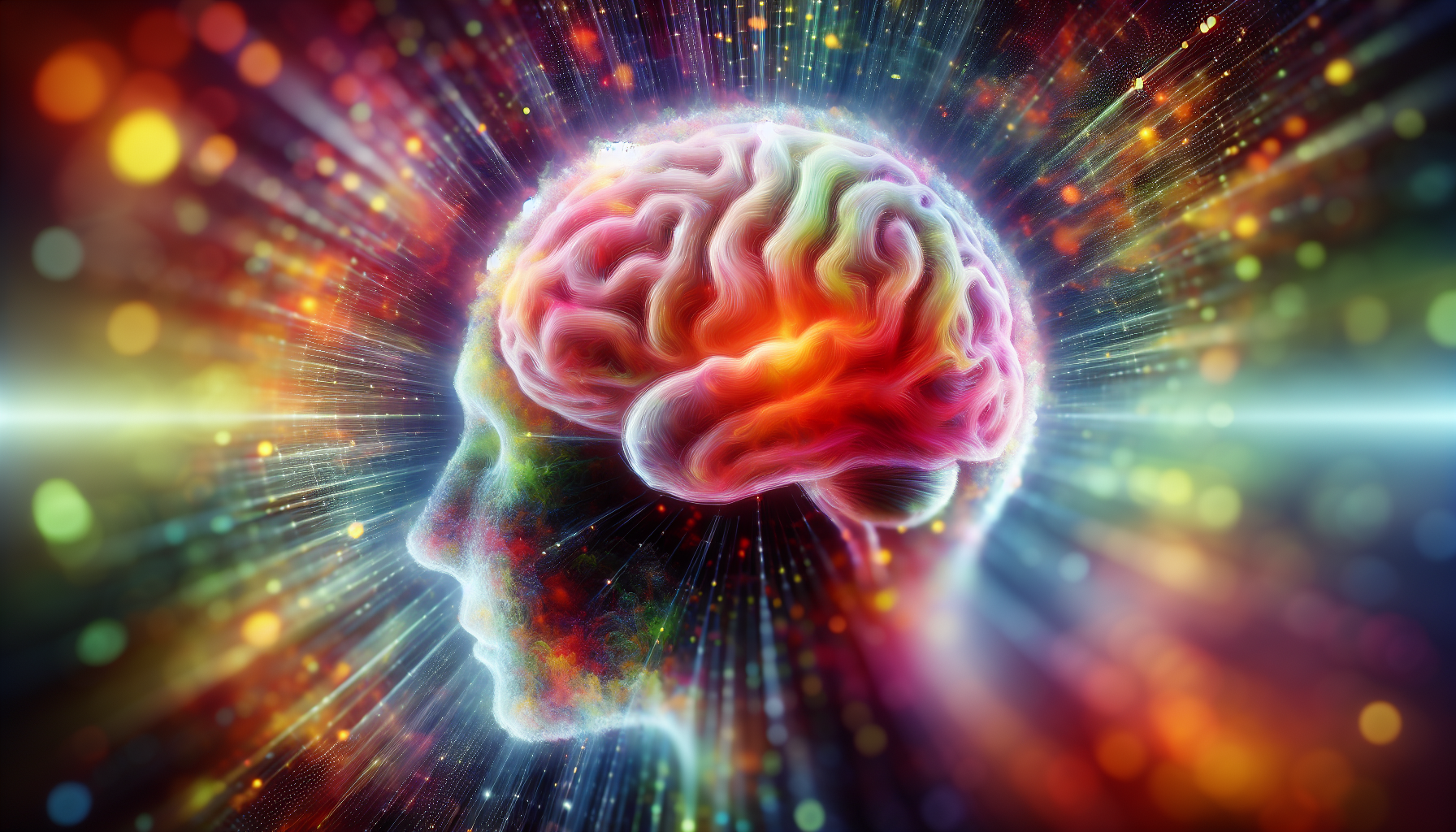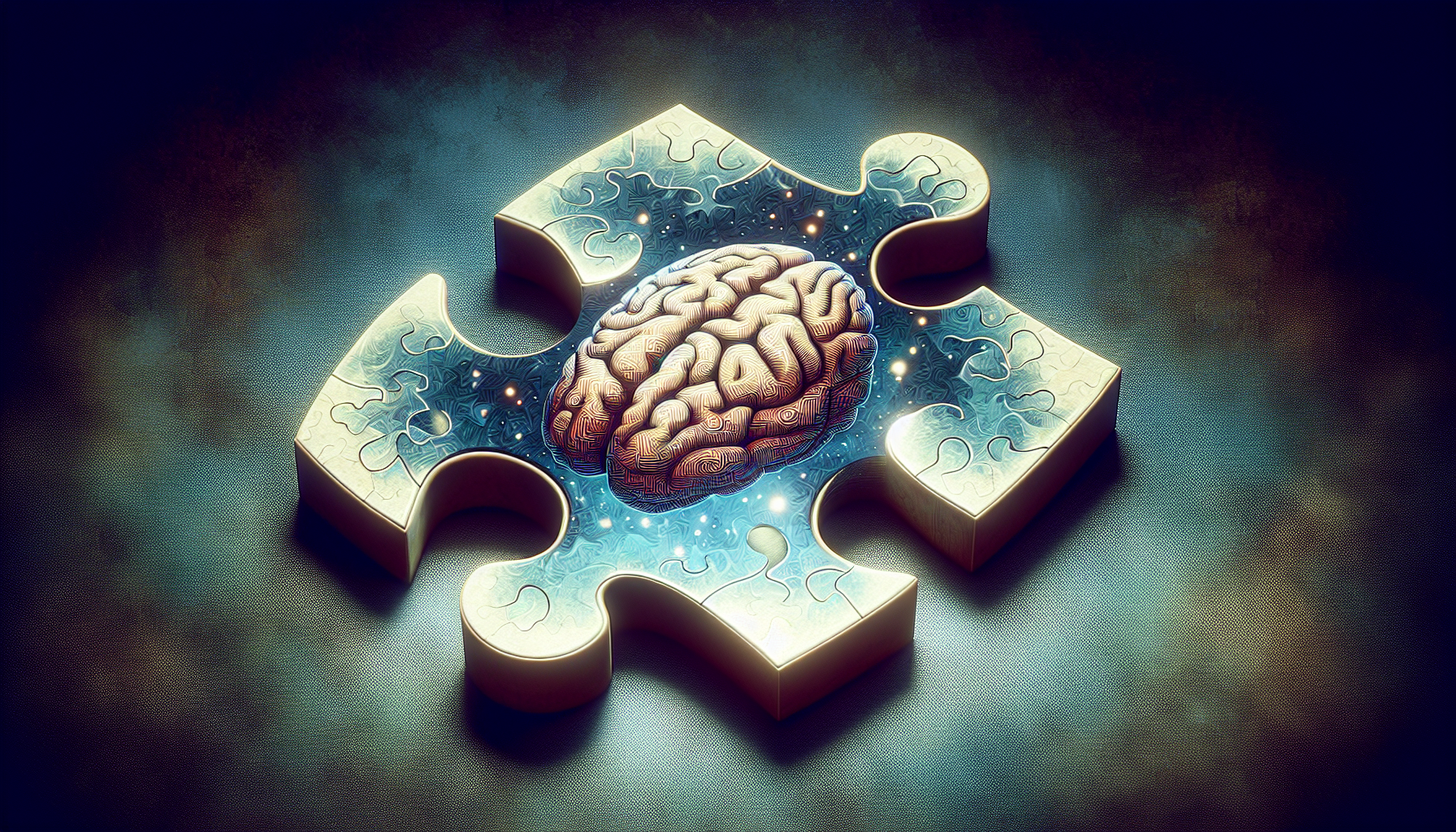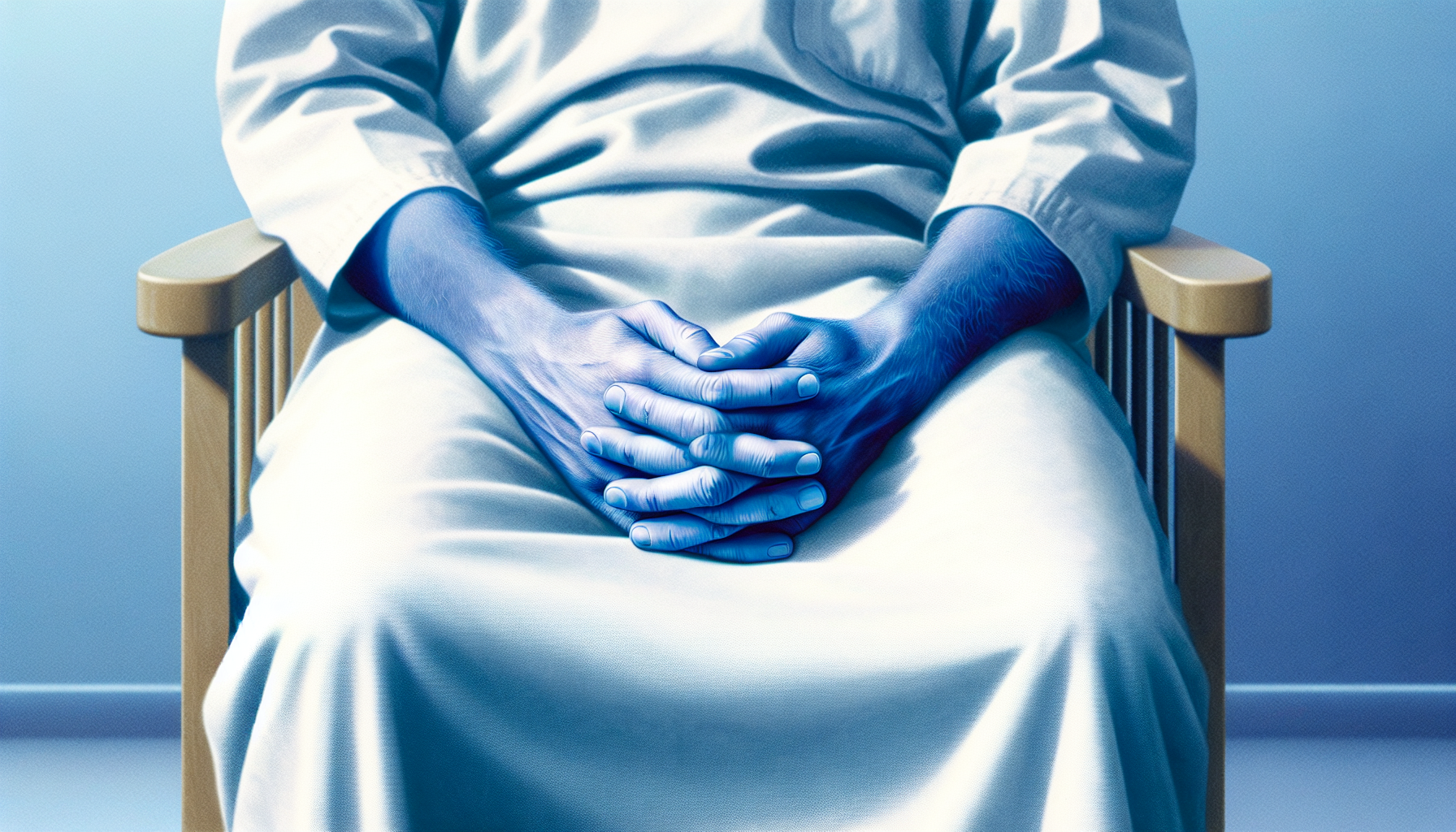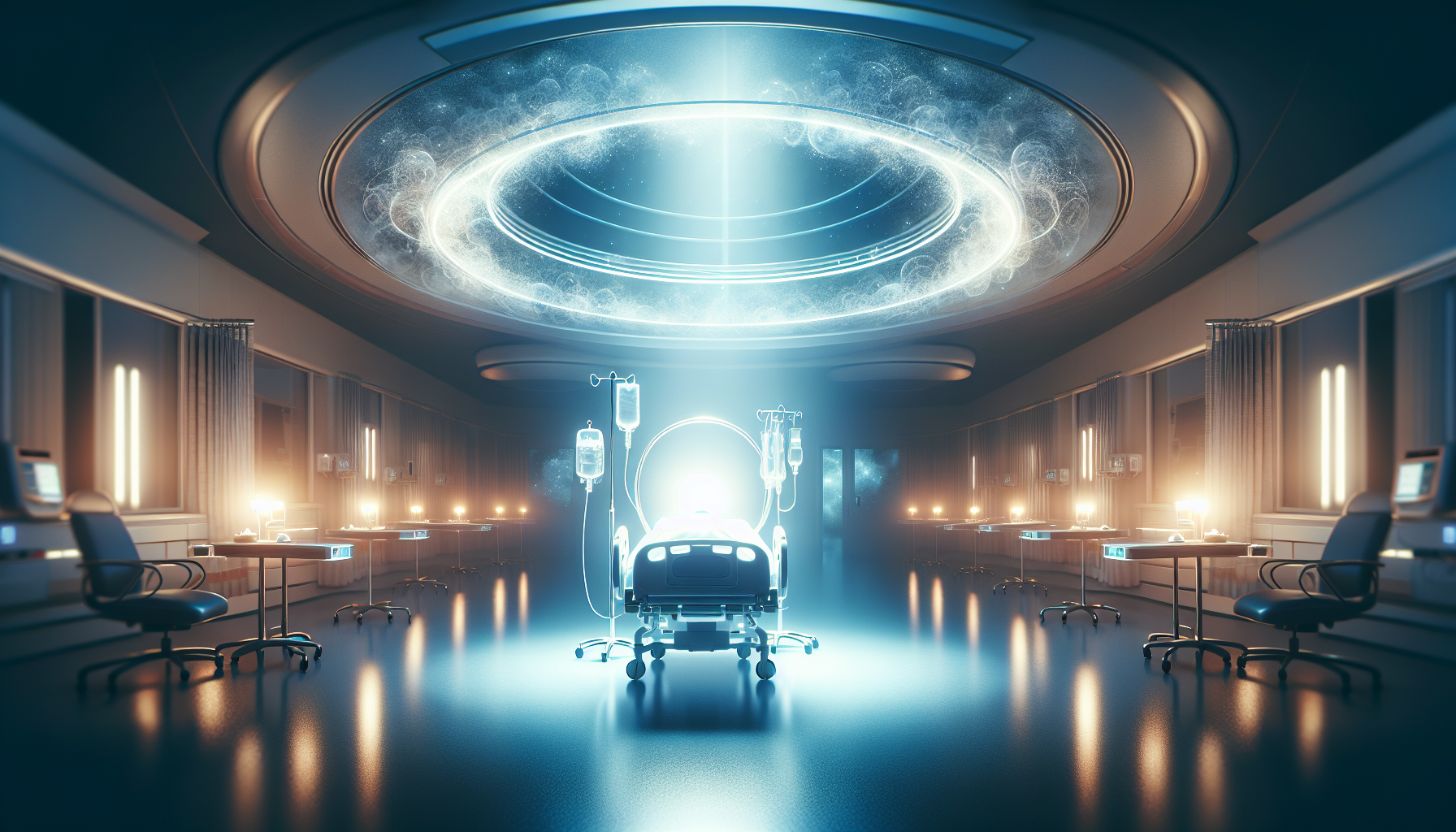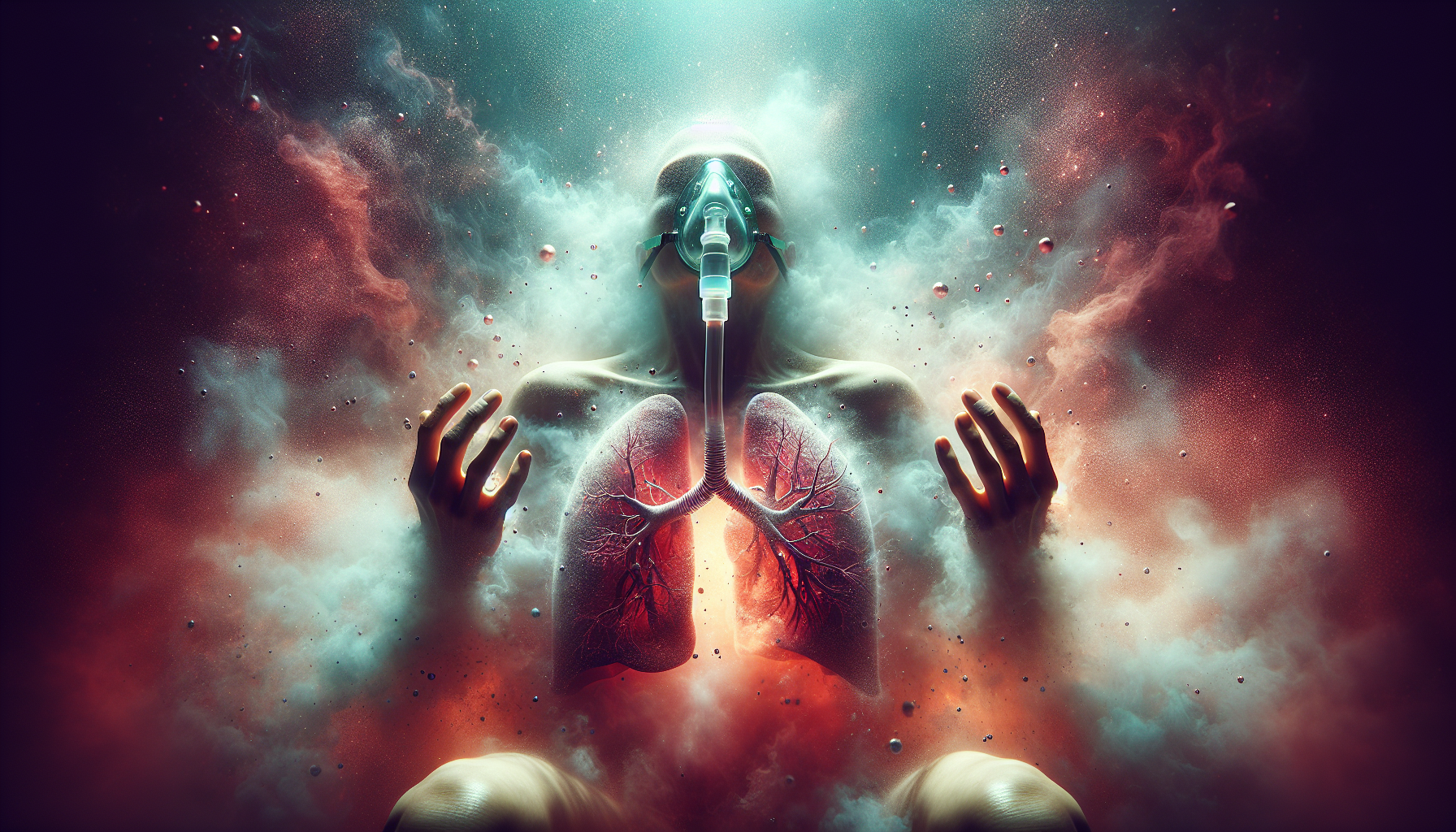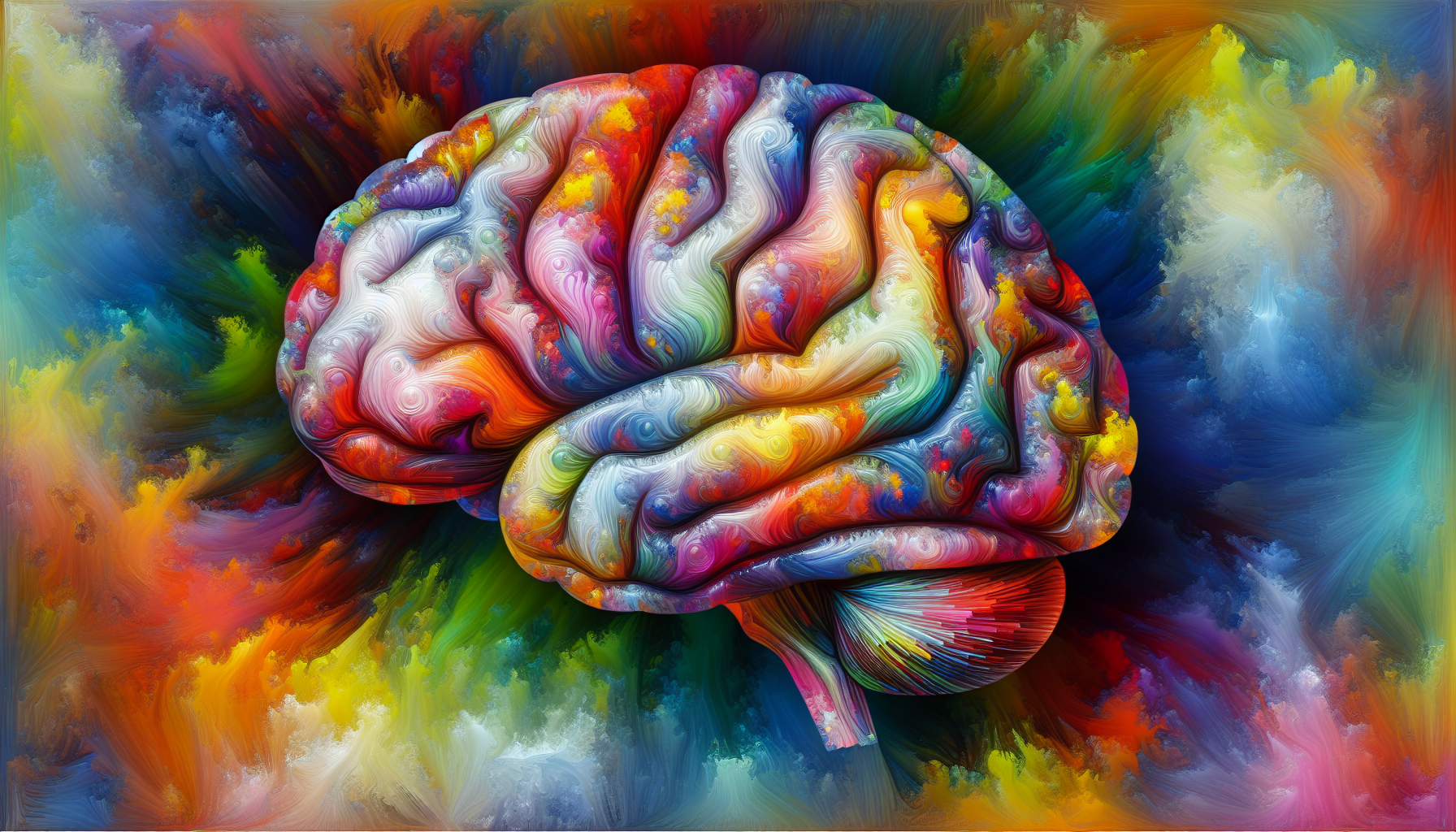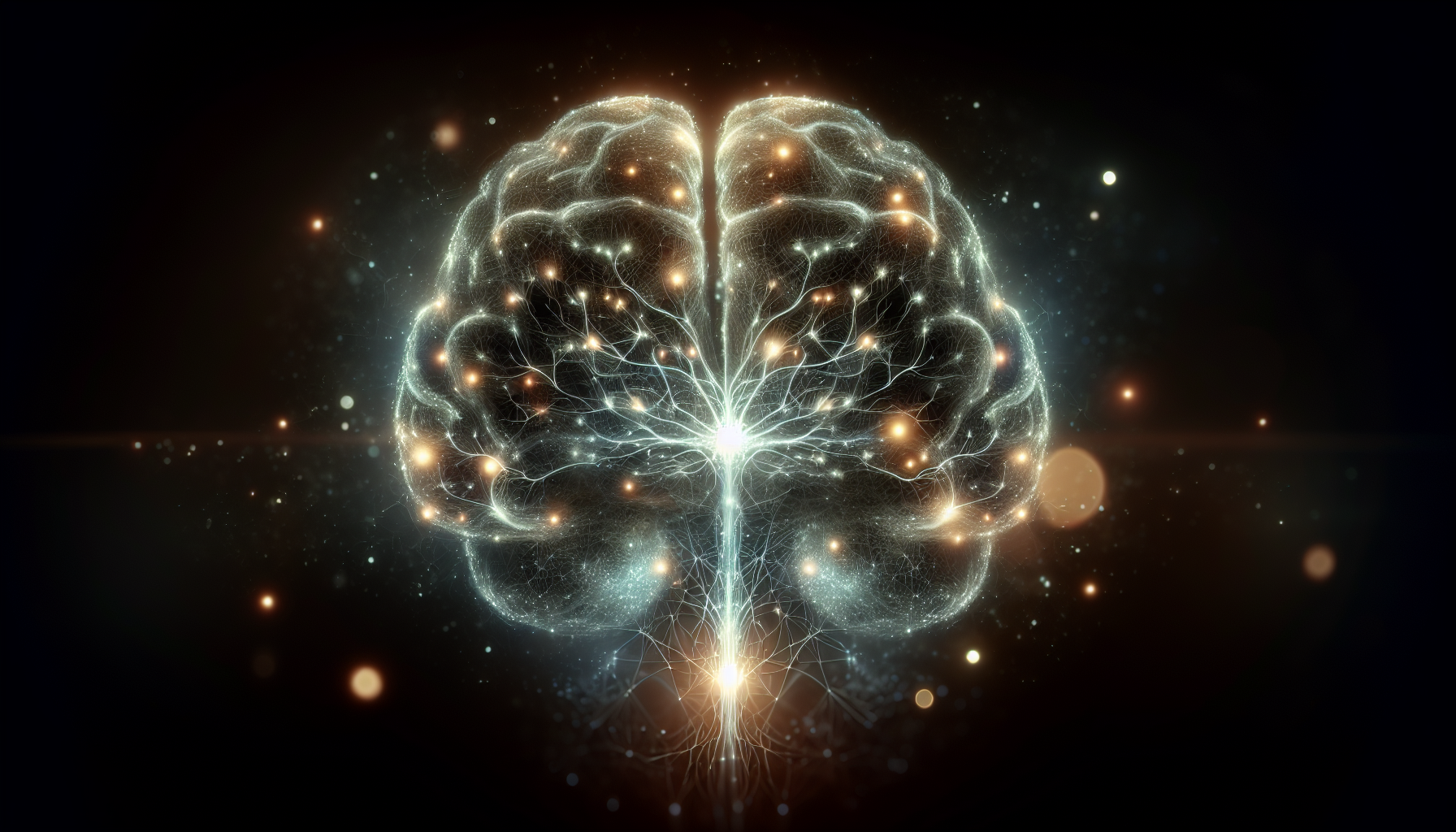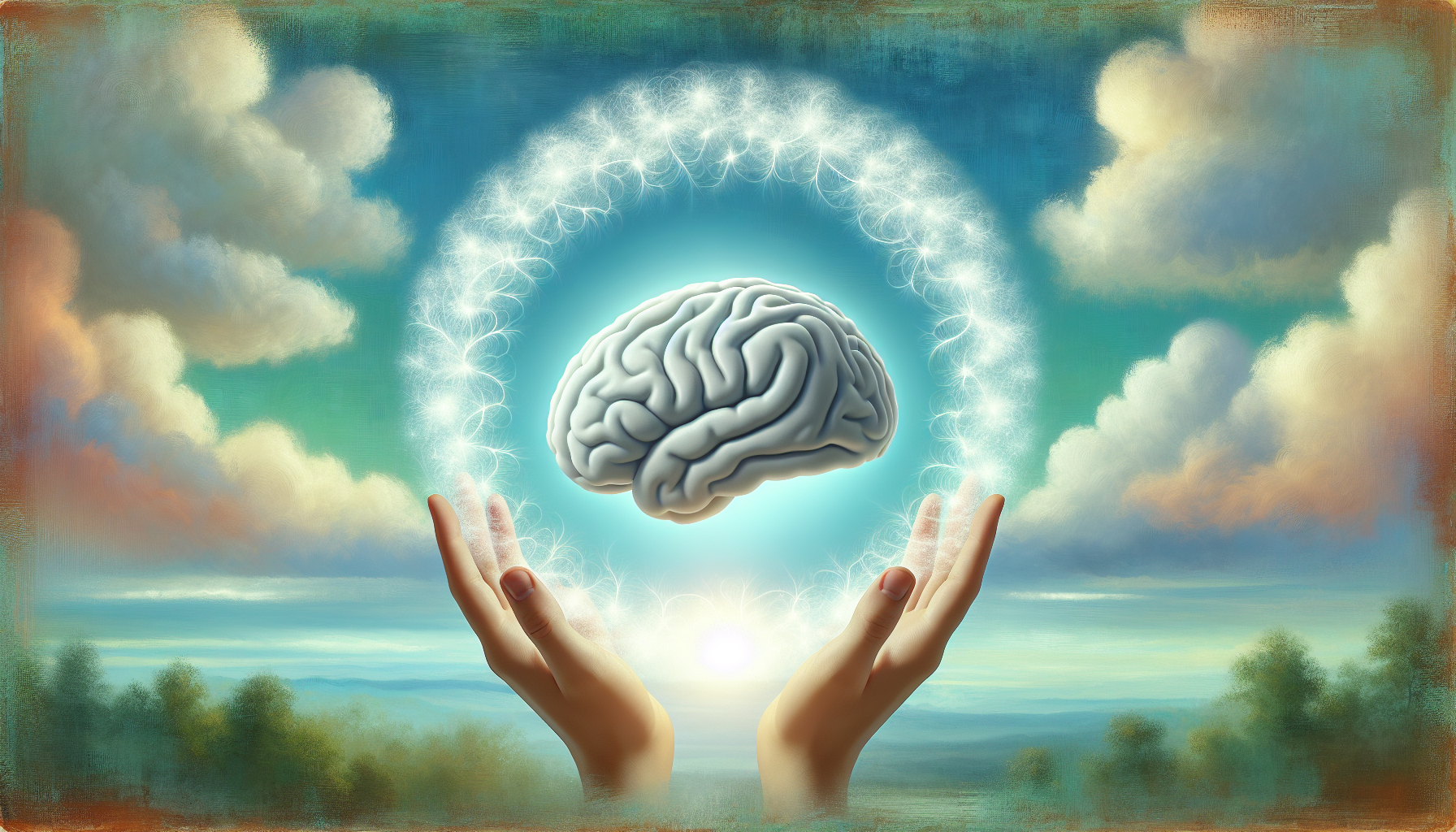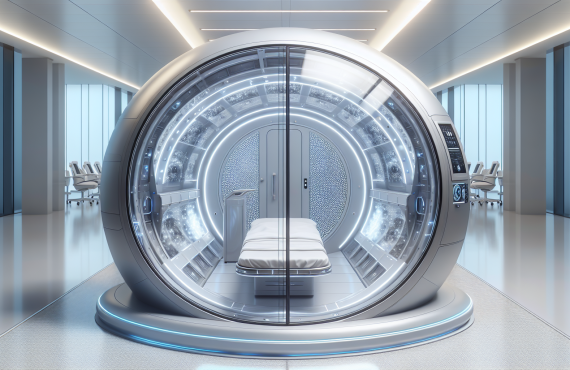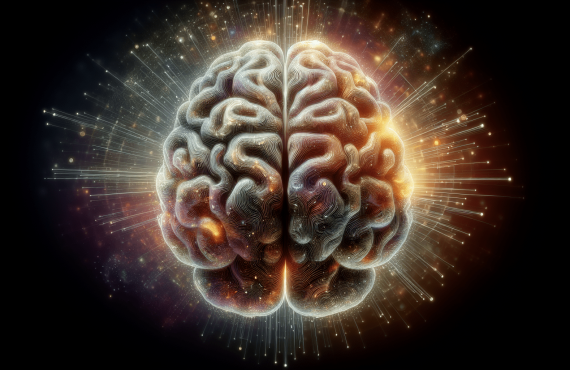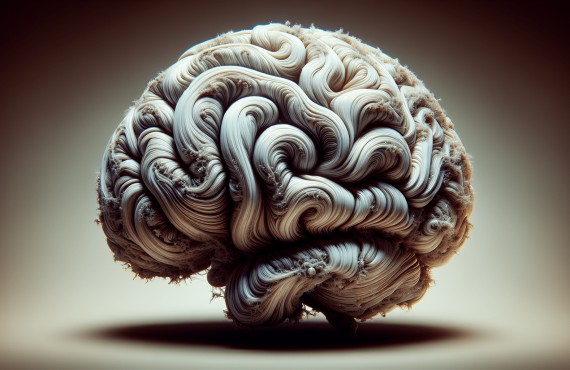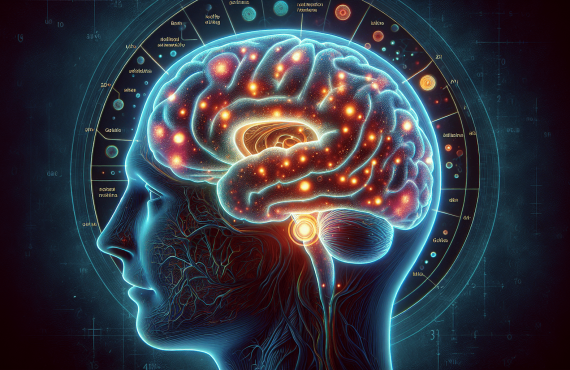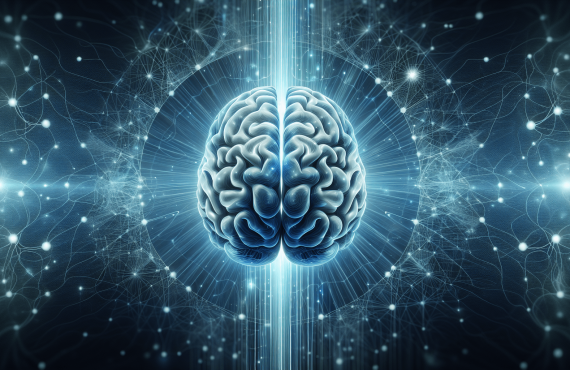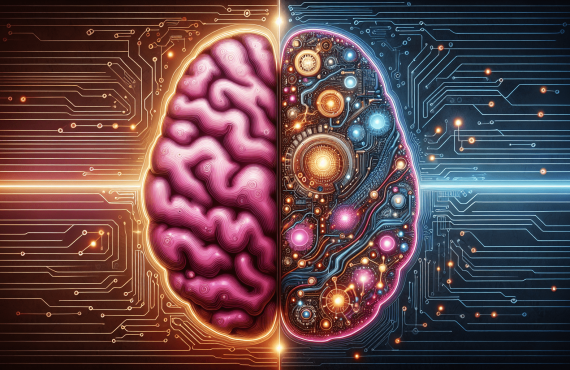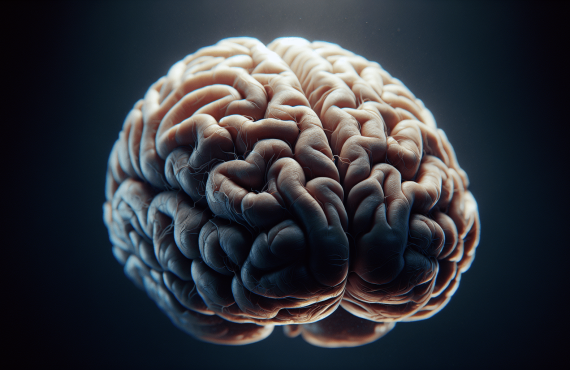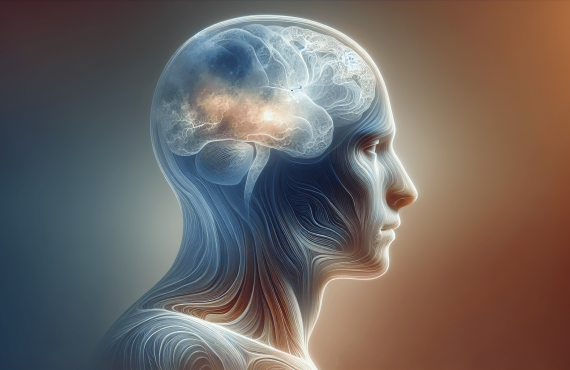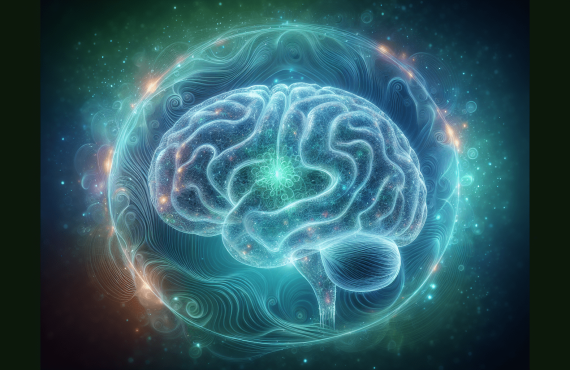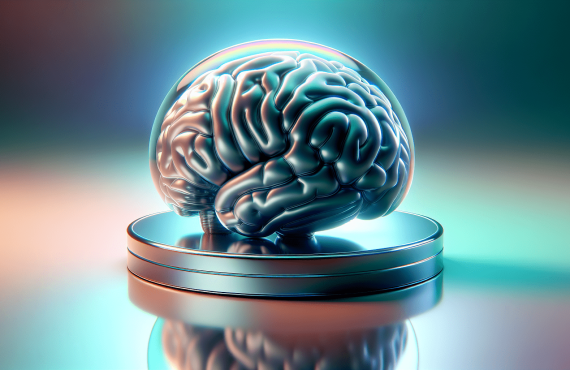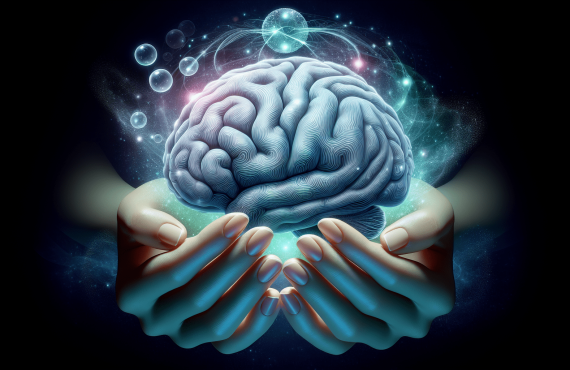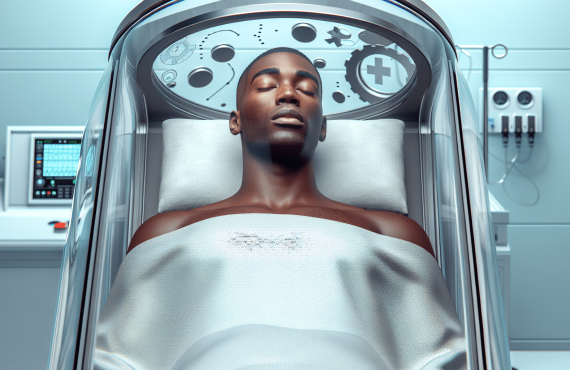Have you ever pondered whether it’s possible to have a brain injury for years without being aware of it? The human brain is a marvel of complexity, orchestrating thoughts, movements, and emotions in a seamless dance. Yet this delicate symphony can be disrupted by brain injuries, which sometimes manifest with subtle signs that might escape notice for years. Let’s unravel this intriguing possibility together and examine how you can recognize the hidden clues of a brain injury.
Table of Contents
Understanding Brain Injuries
Brain injuries often occur as a result of a blow or jolt to the head. They range from mild concussions to severe traumatic brain injuries (TBIs). These impacts can cause physical damage to brain cells or alter the brain’s natural chemistry. While some symptoms are immediate and obvious, others may develop gradually, leading to delayed awareness of the injury.
Types of Brain Injuries
- Concussions: The most common, usually caused by mild blows to the head or a sudden movement that shakes the brain.
- Contusions: Bruising or bleeding in the brain due to a direct impact.
- Diffuse Axonal Injuries: Result from severe shaking or rotational forces, stretching nerve cell tissues in the brain.
- Penetrating Injuries: Occur when an object pierces the skull and enters the brain tissue.
Symptoms That Might Go Unnoticed
Immediate symptoms can include headaches, dizziness, or confusion. However, other signs may be more insidious, emerging over weeks, months, or even years. These can encompass changes in your personality, difficulties concentrating, or disturbances in sleep patterns. It’s important to be aware of these more discreet symptoms, as they can provide crucial insight into your condition.
The Silent Nature of Brain Injuries
Brain injuries can be elusive in nature. While some are glaringly apparent, others may simmer beneath the surface, evading detection. This subtlety can make it challenging to connect symptoms directly to an old injury, especially when years have gone by.
Long-Term Effects
Over time, these injuries can influence cognitive and emotional functions, leaving one with memory problems or unexplained mood swings. People might attribute these changes to stress, aging, or other lifestyle factors, delaying a proper diagnosis and treatment.
Common Misattributions
It is not uncommon for individuals to misinterpret symptoms as minor ailments unrelated to past injuries. Headaches might be dismissed as dehydration. Sleep troubles could be blamed on irregular work hours. This misinterpretation underscores the importance of considering one’s full medical history when evaluating new health issues.
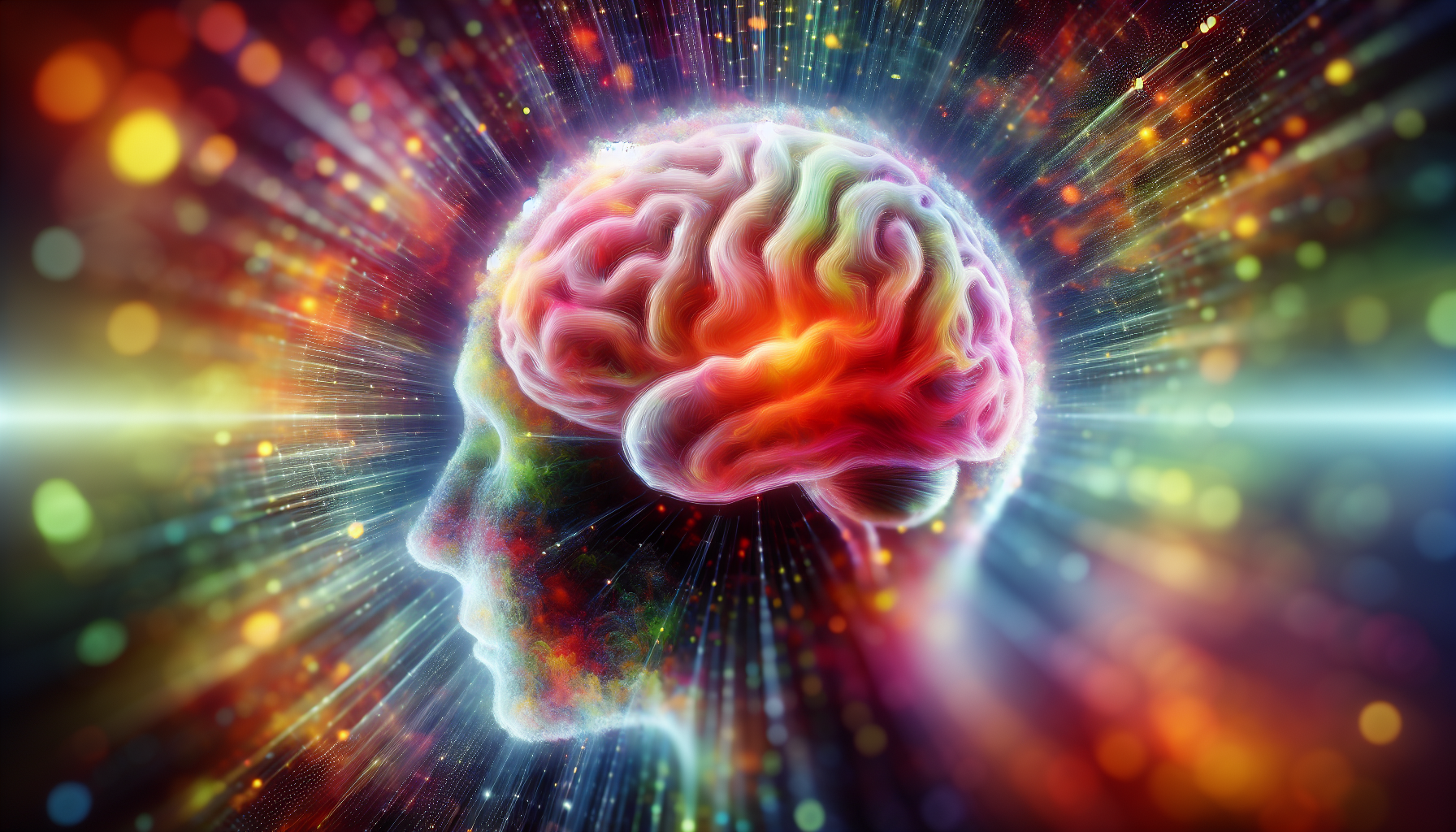
Why Awareness Matters
Recognizing the possibility of a hidden brain injury is pivotal in accessing appropriate care and improving quality of life. Increased self-awareness empowers individuals to seek medical evaluation and potentially life-changing treatment.
Addressing Misdiagnoses
Misdiagnoses can occur when symptoms overlap with other conditions such as psychological disorders or chronic pain. Educating oneself and communicating thoroughly with healthcare providers can illuminate the link between long-ticking symptoms and a past injury.
Preventive Measures
Understanding brain injuries can also emphasize the importance of preventive actions in daily life, such as safe driving practices, wearing helmets, and engaging in activities that protect head health.
Assessment and Diagnosis
While the idea of a hidden brain injury might seem daunting, modern medical approaches have made it possible to uncover these conditions. Various diagnostic tools can provide clarity and peace of mind.
Healthcare Evaluation
Consulting with healthcare professionals is the first step for anyone suspecting a past brain injury. A detailed medical history examination aids in identifying potential injuries and related symptoms.
Advanced Diagnostic Tools
- CT Scans and MRI: Imaging tests that can detect physical changes in brain tissue.
- Neuropsychological Testing: Assesses cognitive and behavioral functions to identify impairments stemming from brain injuries.
When to Seek Help
It is prudent to seek medical advice if lingering symptoms that align with potential brain injury are pervasive or worsening.
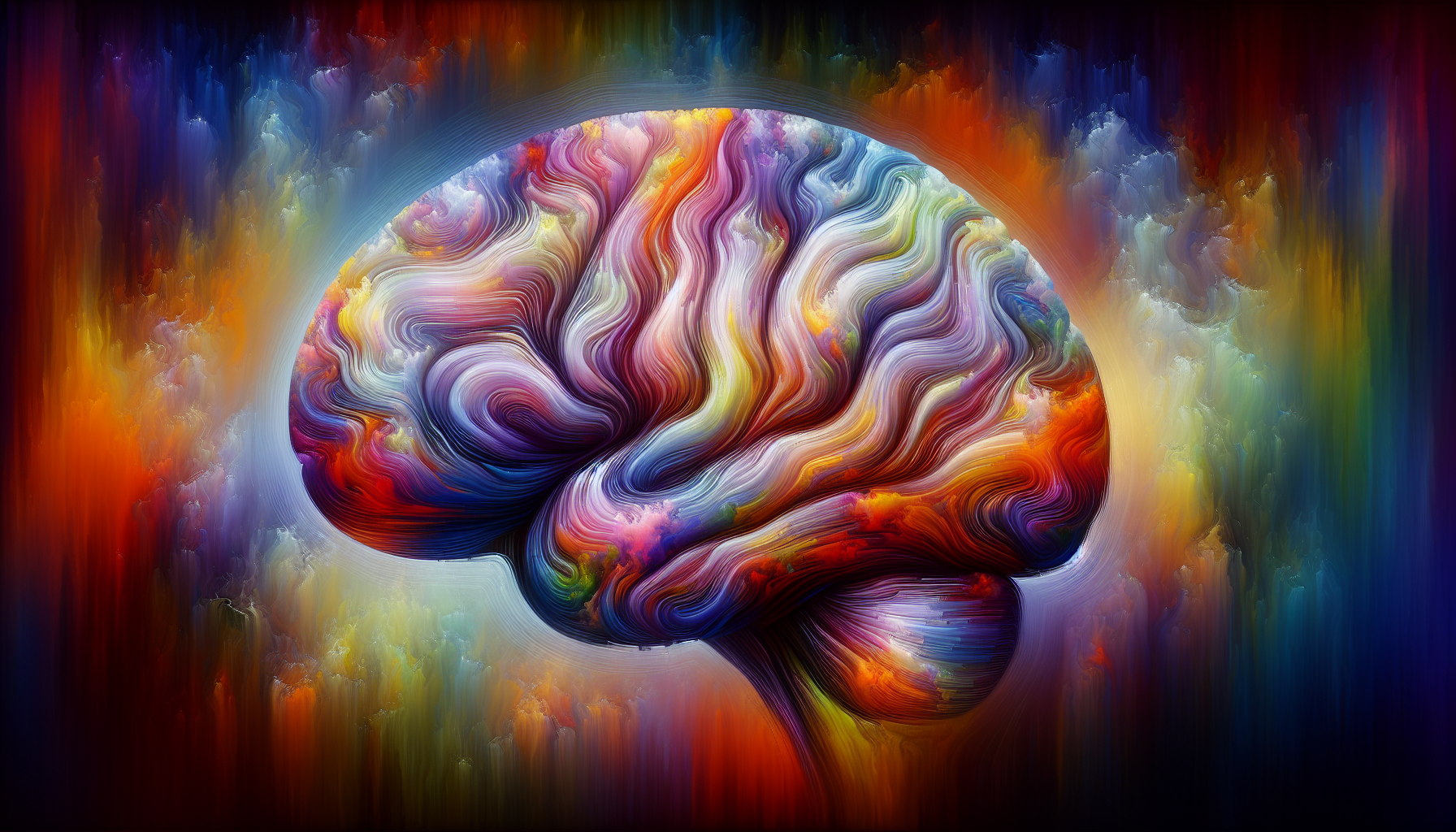
Treatment Options
Various treatments exist to address symptoms and aid recovery, even after many years.
Medical Interventions
Medical interventions might involve medication to manage symptoms like headaches or mood swings. In some cases, physical therapies can restore motor skills.
Hyperbaric Therapy
Hyperbaric Oxygen Therapy (HBOT) can be an effective treatment for brain injuries. By breathing pure oxygen in a pressurized environment, the body absorbs higher quantities of oxygen than normal. This increased oxygenation has potential healing benefits, such as reduced inflammation and faster tissue repair.
Role of Chiropractic Care
Chiropractic care offers another avenue for addressing discomfort and promoting overall wellness. At Henry Chiropractic, Dr. Craig Henry and Dr. Aaron Hixon provide specialized care tailored to aligning the body and potentially alleviating symptoms linked to past injuries, including brain injuries.
Expertise in Action
Dr. Craig Henry utilizes chiropractic techniques to enhance patient health and wellness, making it a valuable adjunct to other forms of treatment for those on their journey to feeling better. Dr. Aaron Hixon complements this practice with his extensive expertise in various chiropractic methods, ensuring personalized care for each patient.
Persistent Myths About Brain Injuries
Understanding and dispelling myths about brain injuries is crucial for accurate knowledge and appropriate care.
Myth: Brain Injuries Always Manifest Immediately
Fact: Some brain injuries develop and reveal symptoms over months or years.
Myth: If There’s No Loss of Consciousness, It’s Not Serious
Fact: You don’t need to lose consciousness for a brain injury to have serious, lasting effects.
Myth: Healing Is Impossible After a Certain Time
Fact: Many therapeutic approaches can benefit individuals even years after the initial injury.
FAQs About Brain Injuries
Can brain injuries heal on their own?
Some mild brain injuries may heal on their own, but seeking medical advice ensures proper recovery and management.
Are brain injury symptoms permanent?
Permanent symptoms vary; some individuals experience lasting effects, while others recover fully with appropriate treatment.
Is memory loss a common symptom?
Yes, memory issues can be a symptom. It’s vital to monitor any changes and discuss them with healthcare providers.
How can I help someone with a brain injury?
Offer support, encourage medical evaluation, and understand their condition to foster a compassionate environment.
Does hyperbaric therapy work for everyone?
Hyperbaric therapy’s effectiveness depends on individual conditions. A medical evaluation helps determine its suitability.
Taking Action
If you suspect you’re experiencing symptoms potentially linked to a brain injury, consider reaching out to professionals who can guide you in the right direction. Proper diagnosis and treatment can significantly improve quality of life. For those in Pensacola and nearby, the team at Henry Chiropractic might be the answer to helping you achieve the wellness you deserve. Reach out to Dr. Craig Henry and Dr. Aaron Hixon at:
Henry Chiropractic
1823 N 9th Ave
Pensacola, FL 32503
(850) 435-7777
Visit the website for more information
Recognizing the signs and seeking timely intervention can pave the way for a healthier, more fulfilling life. Let’s take the step forward together.


